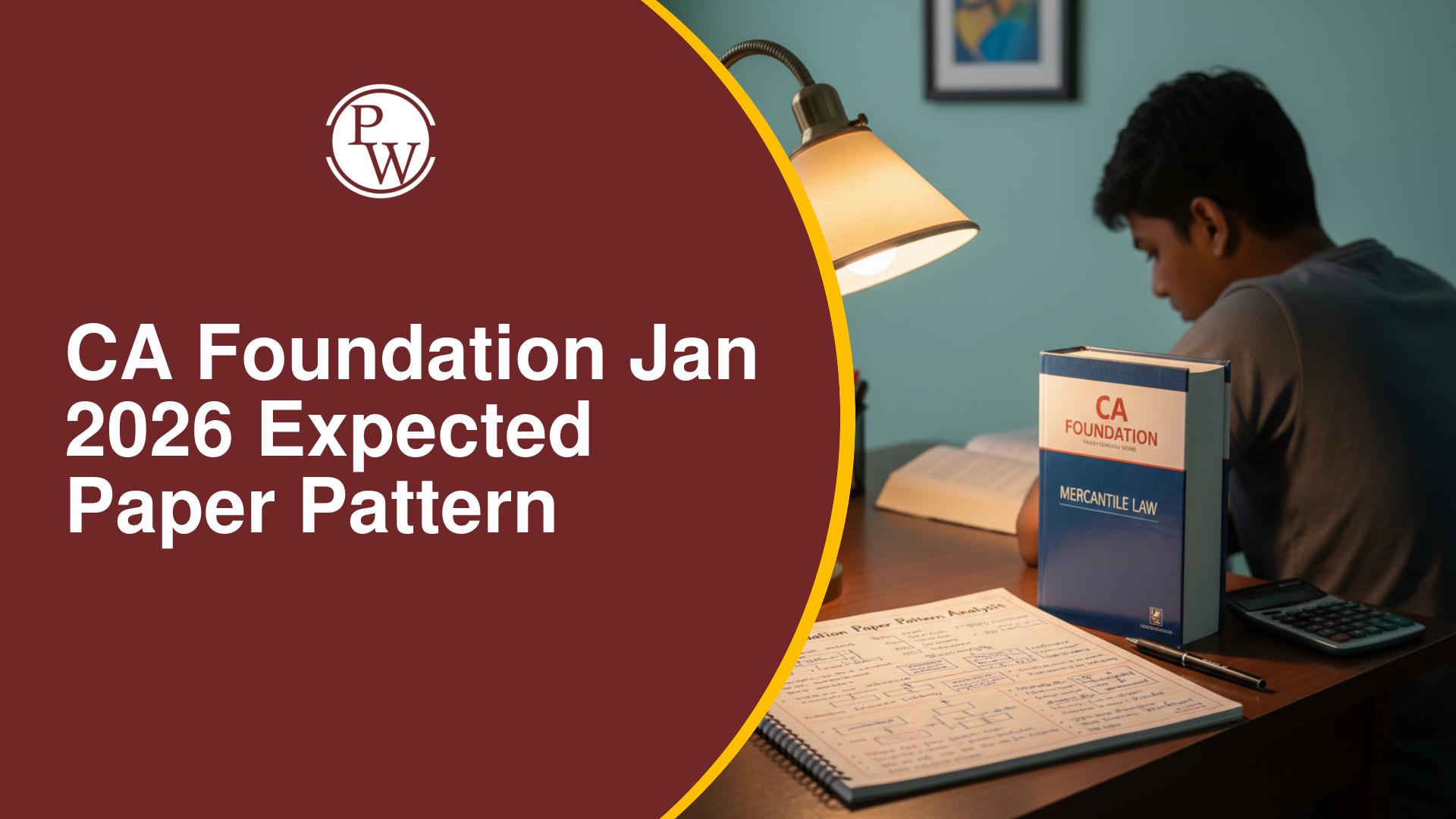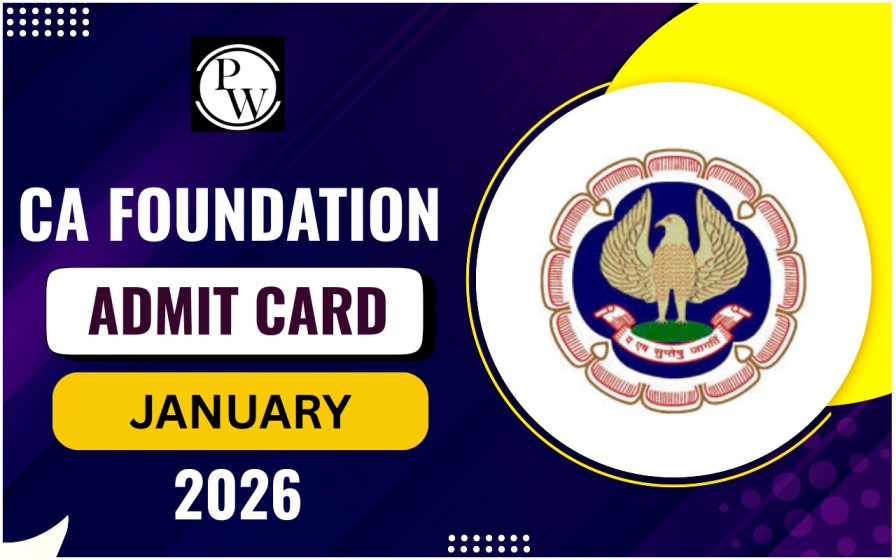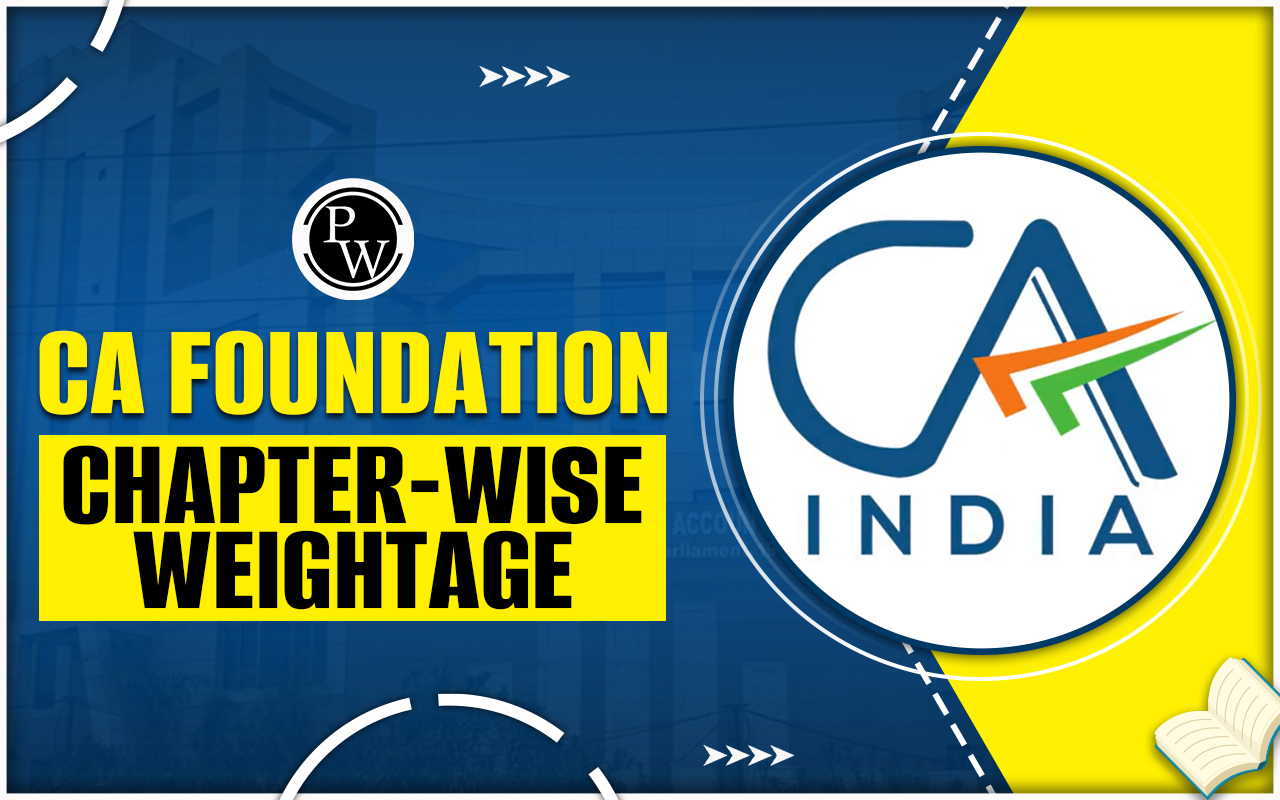
The Institute of Chartered Accountants of India (ICAI) has created Indian Accounting Standards (IND-AS) as an adaptation of Indian GAAP (Generally Accepted Accounting Principles) for organizations based in India. The goal of IND-AS is to provide Indian organizations with a set of guidelines and principles to follow when it comes to recording and presenting financial information.
This gives more clarity in how companies report their money, making surefinancial statements show a true and fair view of the company's money situation. Some companies have had to start using IND-AS from April 1, 2016 and some are choosing to use it even though they don't have to.
Indian Accounting Standard
This guide is all about understanding the Indian Accounting Standards . It teaches us how to use the standards and regulations established by the Institute of Chartered Accountants of India ( ICAI ). We'll learn what accounting and financial reporting is, and why these standards are important. We'll also find out more about topics like financial accounting, cost accounting, taxation, auditing, corporate restructuring, financial and capital markets, e-commerce, and corporate governance.
This book will better understand Indian Accounting Standards and how to implement them in our businesses. The Indian Accounting Standards (IFRS) has been created by the ICAI so that financial reporting is unified and investors are safeguarded. These standards explain what to include in accounting policies and reports, like auditor duties and how to show certain expenses and income. IFRS applies to all types of businesses, including corporations, partnerships, and even just one person.
The rules also keep up with current business trends and practices. They are based on an international framework called International Financial Reporting Standards (IFRS). The ICAI regularly updates these standards.
Advantages of Indian Accounting Standards
- Improved Disclosure Requirements: Indian Accounting Standards give companies rules that they must follow to make sure that they tell people all the important and accurate information they need to know.
- Improved National and International Comparability: The Indian Accounting Standards exist to make sure that financial statements from different businesses look the same. India and the world can compare the statements by using this method.
- Enhanced Financial Statement Quality: Financial statements made using Indian Accounting Standards are better than others because they have more details and they can easily be compared.
- Enhanced Integrity: Indian Accounting Standards make sure that businesses are being honest in their financial reports. This helps everyone by making sure everyone is following the same rules and that the financial information is accurate and high-quality.
- Greater Efficiency: Indian Accounting Standards make it easier and quicker to create financial statements. This makes the process more efficient and saves money.
Main Principles of Indian Accounting Standards
- Accrual Basis of Accounting – When you make a transaction, you need to keep track of it. No matter when you get or pay money, you must record how much you earned and how much you spent at the same time.
- Going Concern – Accounting records should be made assuming the business will still be in operation.
- Substance Over Form – Accounting decisions should be made based on why the transaction happened, not just what it looks like.
- Matching of Revenues and Expenses – The money you bring in (revenue) and the money you spend (expenses) should be connected to the same time period.
- Materiality – Using Materiality will help decide which items should be mentioned and reported on.
- Consistency – Changes in accounting principles should not be made unless it absolutely needs to be done in order to show an accurate and fair picture of money and results of activities.
- Disclosure – All the important details should be included in the financial statements.
- Conservatism – Losses and "not-sure's" should be reported completely, and when it's possible, guess how much was lost.
Difference between Indian Accounting Standard and International Accounting Standards
- Recognition of Assets: The Indian Accounting Standards (IAS) say that assets should be recognized when there is a good chance they will bring economic benefits in the future. The International Accounting Standards (IAS) suggest that assets should be recognized when it is likely that the company will gain economic benefits from them.
- Valuation of Assets: The IAS states that when assessing the value of an asset, it should be valued at the lower of either its cost or its fair value. The cost should value the asset as the cheaper price if the fair value is more than its cost.
- Treatment of Fixed Assets: International Accounting Standards (IAS) states that fixed assets must be depreciated over their expected useful lives, instead of simply their useful lives.
- Treatment of Foreign Exchange: International Accounting Standards (IAS) demands that businesses must report foreign exchange transactions based on the rate that was used for the transaction when it occurred. They also need to include any losses or gains due to foreign exchange in their income statement as expenses or income respectively.
- Treatment of Investments: Investors who use International Accounting Standards (IAS) must recognize their investments as costing what they paid for them initially. After that, they can show their investments as being worth the fair value.
- Consolidation of Financial Statements: If one company has control over another, then IAS (International Accounting Standards) says that their financial statements should be put together. According to IAS, even if a company does not have control over another but has a big influence, they must still combine their financial statements.
Don't Miss Out: Career Opportunities After Becoming a CA in India [2023-24]
List of Indian Accounting Standards
- Indian Accounting Standard (Ind AS) 1: Disclosure of Accounting Policies
- Indian Accounting Standard (Ind AS) 2: Inventories
- Indian Accounting Standard (Ind AS) 3: Cash Flow Statements
- Indian Accounting Standard (Ind AS) 4: Contingencies and Events Occurring after the Balance Sheet Date
- Indian Accounting Standard (Ind AS) 5: Net Profit or Loss for the Period, Prior Period Items and Changes in Accounting Policies
- Indian Accounting Standard (Ind AS) 6: Depreciation Accounting
- Indian Accounting Standard (Ind AS) 7: Statement of Cash Flows
- Indian Accounting Standard (Ind AS) 8: Accounting for Government Grants and Disclosure of Government Assistance
- Indian Accounting Standard (Ind AS) 9: Revenue Recognition
- Indian Accounting Standard (Ind AS) 10: Accounting for Fixed Assets
- Indian Accounting Standard (Ind AS) 11: Construction Contracts
- Indian Accounting Standard (Ind AS) 12: Income Taxes
- Indian Accounting Standard (Ind AS) 13: Accounting for Investments
- Indian Accounting Standard (Ind AS) 14: Segment Reporting
- Indian Accounting Standard (Ind AS) 15: Employee Benefits
- Indian Accounting Standard (Ind AS) 16: Borrowing Costs
- Indian Accounting Standard (Ind AS) 17: Leases
- Indian Accounting Standard (Ind AS) 18: Related Party Disclosures
- Indian Accounting Standard (Ind AS) 19: Leases
- Indian Accounting Standard (Ind AS) 20: Provisions, Contingent Liabilities and Contingent Assets
Recent Updates to Indian Accounting Standards
- AS 18 – The revised version of the Indian Accounting standard AS 18 has been published. It deals with the recognition and measurement of related party transactions.
- AS 15 (revised) – In accordance with the Companies Act, 2013, a revised version of the Indian Accounting standard AS 15 has been published. It deals with Employee Benefits, which includes both short and long-term benefits.
- AS 31 – The Indian Accounting standard AS 31 has been revised to align with the requirements of the Companies Act, 2013. It deals with the disclosure of associated entities.
- AS 19 – The revised version of the Indian Accounting standard AS 19 has been published. It deals with leasing arrangements, and provides greater clarity on how to account for such transactions.
- AS 25 – The Indian Accounting standard AS 25 has been revised to provide greater clarity on the disclosure of contingent liabilities.
- AS 20 – The revised version of the Indian Accounting standard AS 20 has been published. It deals with the recognition, measurement and disclosures of government grants and other incentives.
Indian Accounting Standards FAQs
Why are accounting standards important?
Who issues accounting standards in India?
Are accounting standards mandatory for companies to follow?
How many accounting standards are there in India?
What is the purpose of AS 9: Revenue Recognition?










